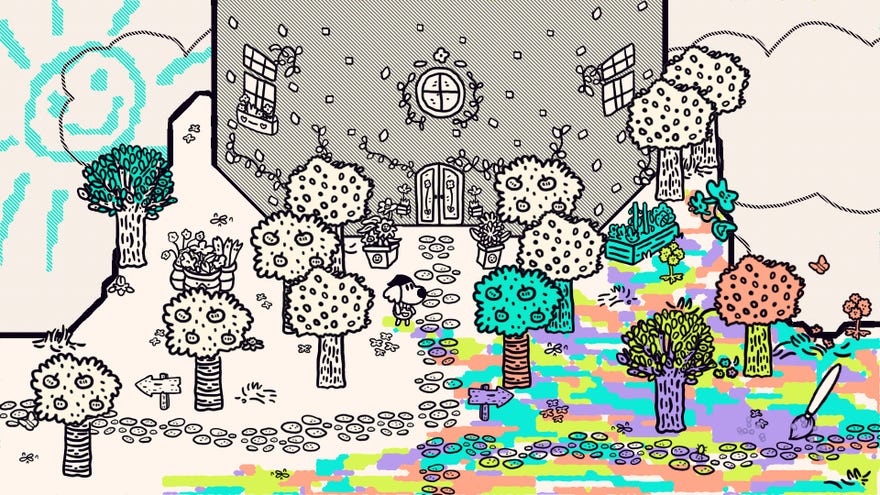Steam Next Fest demos converted 292% more wishlists to sales, Valve say
People actually are more likely to buy after they try
The biggo demo festivals that Steam started running last year are now going to be a recurring part of our reality. They can be a bit overwhelming, with bite-sized versions of hundreds of upcoming games to try. According to Valve, they have actually made an observable impact for developers who participate though. I mean, they would say that. It's Valve though, so they've prepared the numbers to back it up. Not only do games in the Steam Next Fest see increased wishlist additions, they also have a better rates of converting those wishlists to eventual sales, Valve say.
The wishlist function on Steam, in case you've never bothered to use it, is a handy little way to keep an eye on a game you might be interested in. You'll get emails from Steam letting you know when a game on your wishlist is released and if it goes on sale.
"Among 2020 Next Fest participants, the median game saw daily wishlist additions jump 421% during the fest, compared to the two weeks leading up to the event," Valve say. More important than just the wishlist additions is whether or not they actually made an improvement on sales, however. "The median released game saw an increase of 292% in 'converting wishlists' made during Next Fest compared to converting wishlist additions made in the two weeks leading to Next Fest. "
Anecdotally, a lot of small developers say that being added to players' wishlists help their games get traction. Valve do like their algorithms, and the algorithms seem to like promoting games that lots of people want. High wishlist numbers don't guarantee a developer high sales figures though. The rate of converting wishlist additions to sales is just another part of game development—especially for small studios—that can be inscrutable.
That's what makes these numbers nice to see. According to Valve, there's a measurable difference in conversion rate between wishlist additions made prior to a Next Fest and during it. It does make sense, right? Someone who plays a demo and adds a game to their wishlist probably feels a lot more confident eventually purchasing it compared to only ever watching a trailer. It's one of those things I'd assume is true, but is good to see the numbers behind.
Discoverability has long been a hot topic for developers releasing games on Steam. There are oodles upon oodles of games that release on Steam every week. Getting noticed can be a total shot in the dark. It's a problem that Valve often attempt to solve with machine learning and automation—community recommendations, better search filters, the discovery queue, and so on.
It's interesting that Valve may have stumbled backwards into a discoverability solution that developers have better control over. Deciding to develop a demo for a Steam Next Fest is a more actionable goal than praying to the user tag gods that you manage to wind up in the discovery queue of players who like Stardew Valley.
Yes, Steam Next Fests have their own discoverability challenges, given that they sling hundreds of demos at a time. That's a chat for October when the next Steam Next Fest comes along.


